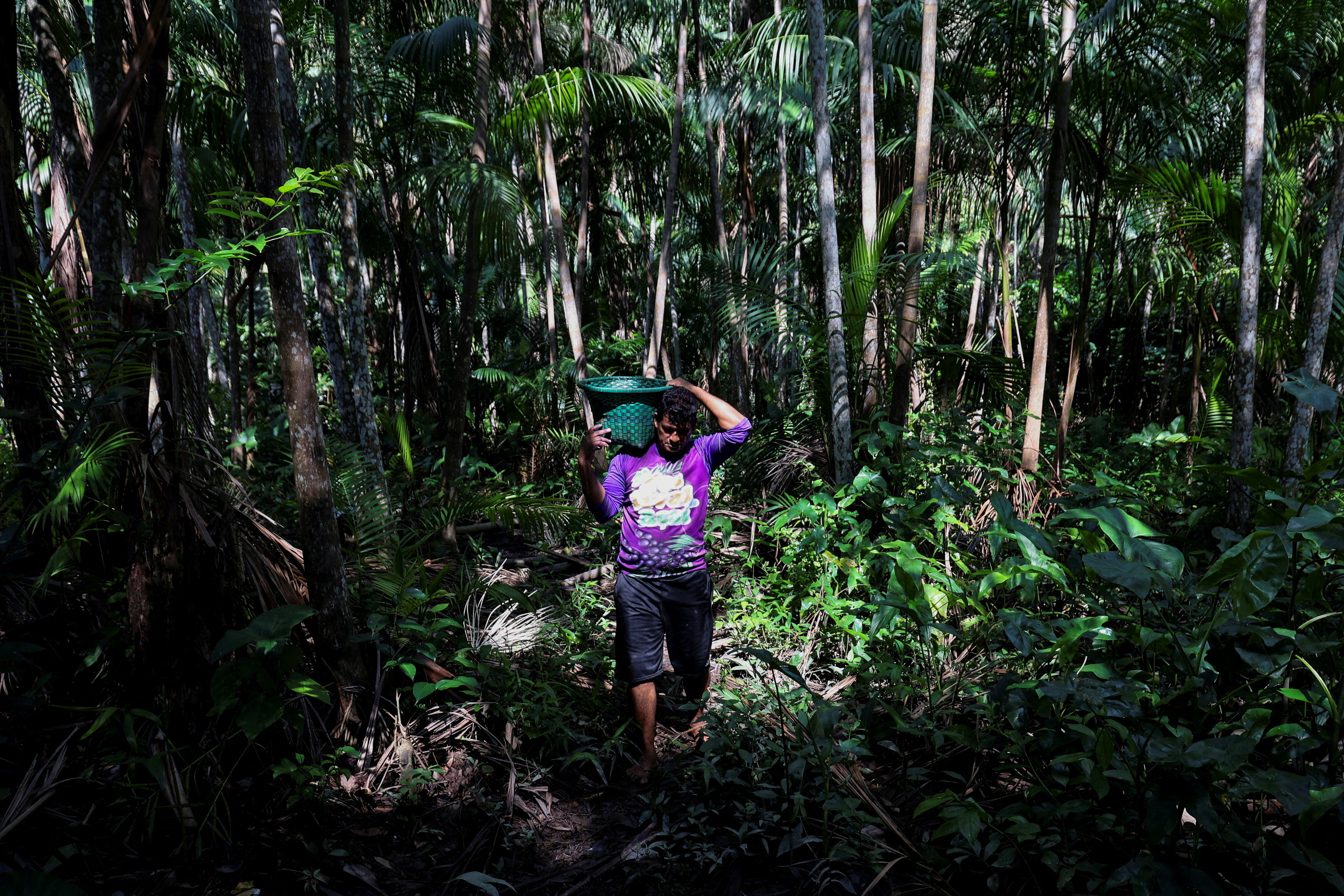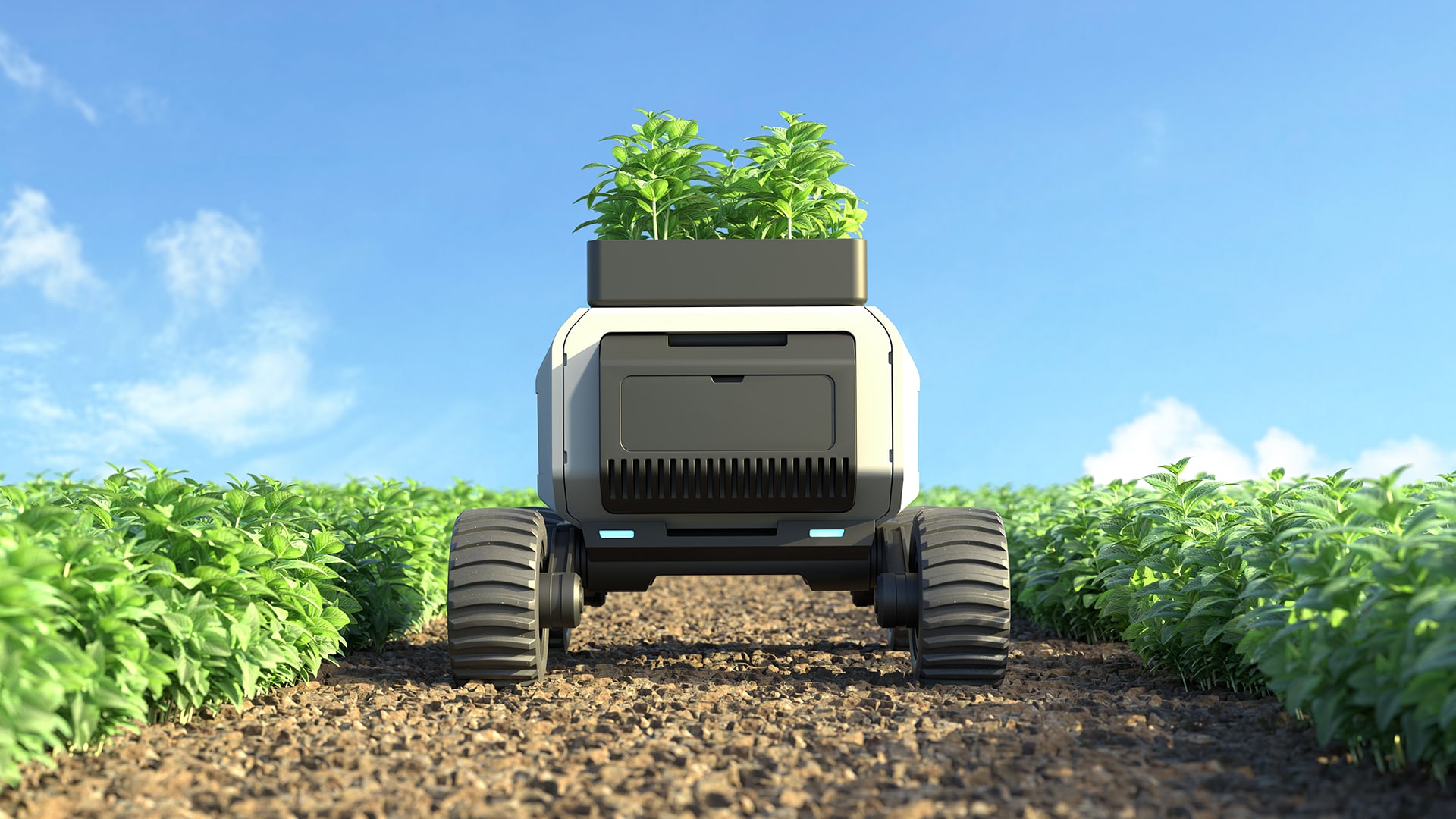We can completely transform our food systems to ensure everyone has a seat at the table - here's how

There are four areas critical to achieving a successful transformation of food systems Image: REUTERS/Shamil Zhumatov
If we are to achieve the UN’s SDGs by 2030, immediate and urgent action is required to transform how food is produced, accessed, valued and consumed. Recognition of this need is growing, driven by rapidly increasing concerns regarding diet-related health effects, the damage to ecosystem services, links to climate change and distress among multiple millions of small-scale food producers.
The transformation of our food systems is an idea whose time has come but which poses one of the greatest leadership opportunities and challenges of our generation. It will require an unprecedented degree of cooperation if we are to succeed. The recently announced UN Food Systems Summit in 2021 will raise food system transformation to the highest level, affirming its centrality to the achievement of the majority of the SDGs.
In that respect, there are four areas critical to achieving a successful transformation of food systems and which require urgent attention:
The interrelated nature of the transformation required can make it appear complex and daunting, often paralysing action when we need it most. There is still significant debate about how such a transition is best addressed, whether among the different groups representing the various interests in food systems or in different geographic contexts. The forthcoming summit provides a time-bound opportunity to bring about a shared understanding of what is meant by food systems transformation – acknowledging that there is not one distinct food system but many that need to work in alignment towards a common set of outcomes.
A tangible outcome of a UN Food Systems Summit could be the identification and development of a set of science-based and economic pathways in support of country-led food systems transformation. This will help decision-makers, in their own local context and respective silos, to work together through the necessary and often challenging trade-offs and opportunities that arise from the food, water and energy nexus, including climate change impacts, biodiversity loss and diet-related health costs to name but a few.
Ensuring that people are central to shaping the transformation agenda is crucial. In preparation for the Food Systems Summit, processes such as the Food Systems Dialogues will allow for this through constructive dialogue (even debate) about options for change. If managed appropriately, this process of inclusion and alignment could have a profound and positive influence on the future direction of food systems.
Creating a North Star moment for the Summit, a moment which encapsulates the essence of the event’s meaning and ambitions, as witnessed at the recent UN Climate Summit, could stimulate a much wider movement for change. Motivating as many stakeholders as possible to take action and support a new vision for how and what food arrives on our plate, and how to shift these patterns in such a way that still enhances inclusive economic growth and opportunity for those directly involved in food and agriculture value chains, could be game-changing.
Recent and potential scientific and technological innovations, as well as the strengthening of traditional crops and farming knowledge and practices, collectively present a major opportunity to hasten food systems transformation - one particularly under-used in developing regions. The leadership challenges are, therefore, to build innovation systems that support the development and scaling of appropriate technologies, to ensure these are equitably implemented, to help build trust in food systems transformation, to align towards common objectives and to support collaboration across silos.
Closely linked to the innovation agenda is the need to significantly scale the ambition of agricultural and nutrition research facilities and alliances. Both national institutes and global institutions, working in a spirit of public-private cooperation are required to adapt rapidly to the fast-moving transition taking place within food systems. It is hoped that such a summit can act as a point in time when a renewed vision and support for a modernized research agenda in support of food system transformation can be fully articulated.
To unleash the full potential of transformed food systems, a significant shift in the status quo is required to create the right incentives for adopting more appropriate practices and address the very real trade-offs that exist.
Food system actors often face real and perceived costs that prevent proven solutions from being profitable or being adopted. They face too many barriers related to misaligned incentives. These can often be categorized into four buckets: financial challenges, attitudes, lack of knowledge and system challenges. Shifting incentives in such a way that enables effective food system transition will play a critical role in addressing the costs incurred in overcoming barriers to adoption and scaling. These may include market-based incentives, blended finance mechanisms, public fiscal incentives, grant capital and non-financial incentives.
The above suggests that a UN Food Systems Summit in 2021 cannot just deliver commitments, but must present actions that can be monitored and reported against the 2030 SDGs. The complexity of food systems speaks to the insufficiency of current international approaches. Given the complicated multi-country and multi-issue overlaps involving health, food, land use, rural economic development, migration, conflict and investment, this is not surprising. While there is an increasing number of successful partnerships and alliances evolving to address geography-specific, as well as consumer and producer-specific issues, the so-far piecemeal progress must rapidly become a global effort that encompasses all food systems.
Beyond building an accepted evidence base and related shared outcomes, food systems need to be able to develop and experiment with more systemic and solution-orientated approaches that address the transitional nature, urgency and scale of the challenge. An example of this is a platform for action approach that enables stakeholders from various sectors and geographies to develop public-private collaborations that cut across traditional silos and are informed by holistic perspectives. While the principles of such an approach are simple, the impact is profound: the focus is on incubation, not ownership; collective local ownership not bespoke global solutions, platforms over institutions, bolstering and aligning efforts rather than duplicating them and adopting a shared solution and action-orientated mindset from the outset. The recent launch of the Food Action Alliance to act as large-scale partnership aggregator and project accelerator is an example of this “platform for action” approach in practice.

To make sure the 2021 Food Systems Summit is not simply another event on the international calendar, immediate, collective attention and leadership is required to ensure this is a moment in time when the world comes together to transform food systems to be inclusive, sustainable, efficient, healthy and in line with the 2030 Sustainable Development Goals. Managed well, this transition offers a historic opportunity for inclusive and sustainable market growth that could reduce poverty for rural communities throughout the developing world and have a marked positive impact across global economic, health and environmental outcomes. If managed badly, food systems developments will exacerbate the risks related to hunger, health, social instability and the environment.
Don't miss any update on this topic
Create a free account and access your personalized content collection with our latest publications and analyses.
License and Republishing
World Economic Forum articles may be republished in accordance with the Creative Commons Attribution-NonCommercial-NoDerivatives 4.0 International Public License, and in accordance with our Terms of Use.
The views expressed in this article are those of the author alone and not the World Economic Forum.
Stay up to date:
Food Security
Forum Stories newsletter
Bringing you weekly curated insights and analysis on the global issues that matter.







